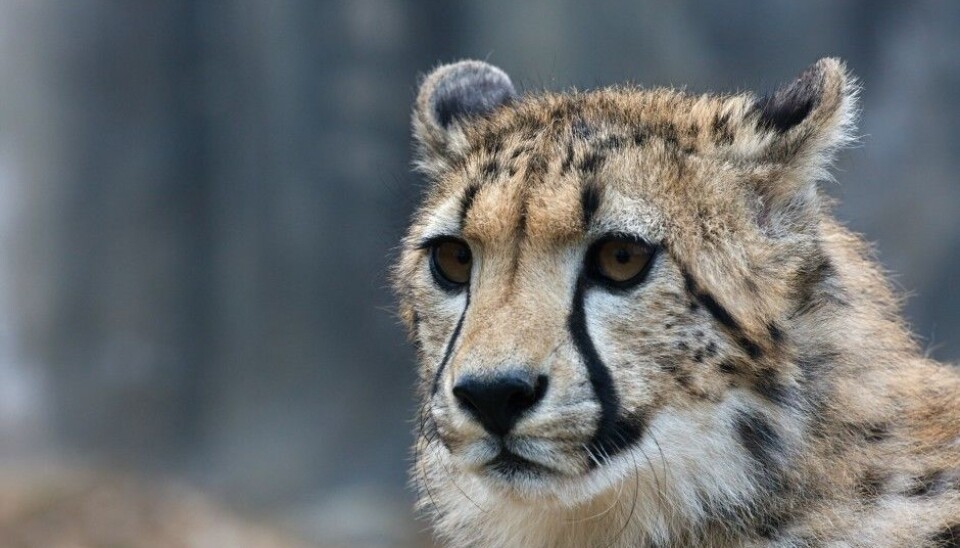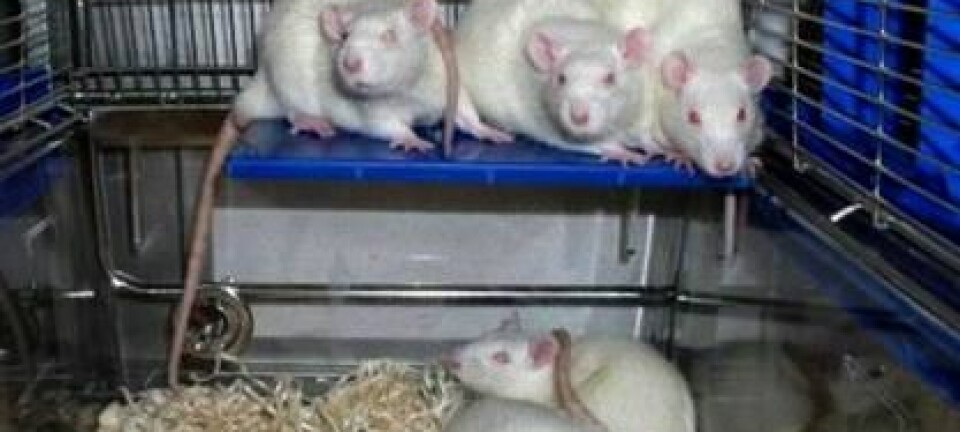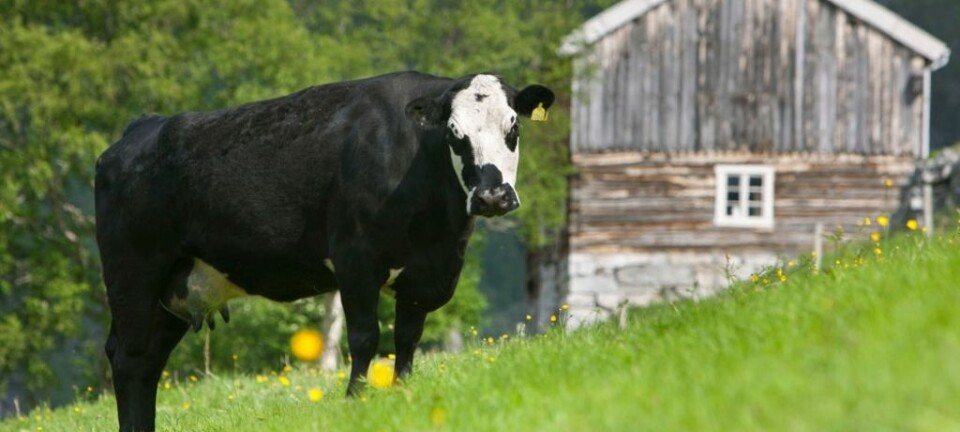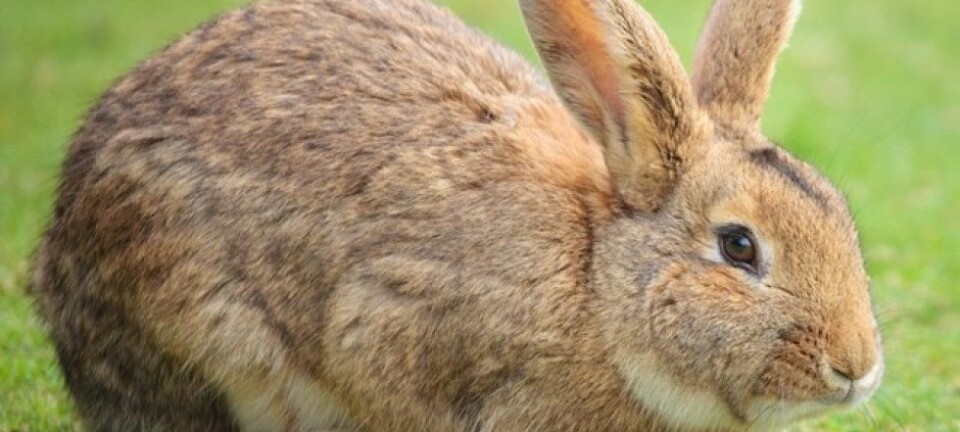
Can wild animals have mental illnesses?
Blame it on humans when animals become mentally ill.
Denne artikkelen er over ti år gammel og kan inneholde utdatert informasjon.
Extensive research shows that animals are beneficial for human mental health. But what about the mental health of animals?
A reader has sent the following question to our service “Ask a researcher”:
I’ve heard that tame animals can suffer mental disorders; can wild ones have them? Or is this always something linked to humans?
The general answer is that animals do not become mentally ill when their problems are natural for them.
Would not survive
“Mental disorders are uncommon among animals in nature,” says Bjarne Olai Braastad.

Braastad is a professor of ethology. He conducts research on behaviour and welfare of animals and the relationship between animals and humans at the Norwegian University of Life Sciences (NMBU) in Ås, a town about 30 km southeast of Oslo.
“Such disorders would have to be due to genetic faults, but the animals probably wouldn’t survive in nature,” he adds.
The reader is right in mentioning that interaction with humans is what can make animals go crazy.
Natural problems
Braastad says that wild animals encounter problems that are natural for them:
“They can live in fear of predators, have feisty neighbours or struggle to find food.”
Such fear and insecurity is a natural state for wild animals and it does not trigger mental illnesses.
The professor says that he has not seen any studies of mental illnesses among wild animals.
Still, wild animals do go crazy. For instance a squirrel suddenly attacked three people in Germany a few years ago.
The squirrel was tested for rabies, but Braastad says wild animals can become violent for several reasons:
“The animal might suffer a brain injury, have faulty genes or have a painful injury or stricken with sickness. Or it can be a panic reaction due to stress or insufficient access to food,” says Bjarne Olai Braastad.
Disney killed lemmings
There are tales of animals committing suicide. The ethologist dismisses these:
“No, animals don’t kill themselves. Occasionally they do things that get them killed, but they are not consciously trying to put an end to it all.”
We have all heard about lemmings committing collective suicide by jumping off cliffs. A Disney nature film released in 1958 helped bolster this urban myth by tossing some lemmings off a cliff.
People are to blame when animals suffer mentally. This is a reason why there are laws protecting animals and stipulating their proper treatment.
Wanting to hunt
“Yes, animals in captivity can develop mental illnesses if they are held in environments entailing problems they can’t solve,” says Braastad.
A general example would be searching for things that they would find in their natural environment but cannot attain because they are closed in.
For instance some animals desperately want to find social partners. Other examples are carnivores that want to hunt and horses and cows that want to graze in open terrain.
Compulsive actions
Animals can engage in compulsive actions if they don’t get what they seek and need. Braastad mentions animals in zoos and caged hens that wander back and forth incessantly along a wall:
“This is because they cannot escape the cage to look for food.”
Or dogs that go round and round in a circle because they lack something essential in their daily lives.
“This is behaviour that has no function and is caused by strong frustrations,” says the researcher.
Animals can also suffer anxiety and depression.
Chastised for everything
“Anxiety is common among dogs and cats,” says Professor Braastad.
One source of anxiety is if their owner trains them wrongly and animals can’t fathom what they are supposed to do:
“If the animal is scolded no matter what it does it can’t understand what is right or wrong.”
Illegal treatment
The ethologist says the animals can avoid mental illnesses if we treat them correctly:
“Provide a good environment and take proper care of them.”
As elsewhere, in Norway those who don’t do these things are breaking the law. Section 6 of the country’s Animal Protection Act refers to the competence and responsibility required of animal owners: “The animal keeper shall ensure that animals are looked after by appropriately competent personnel. Others shall have the competence necessary to carry out the activity they are involved in.”
Same therapy
So, animals in the wild do not become mentally ill. But the ones who live in our homes, in zoos or are exploited by circuses can develop mental illnesses just like humans.
A cardiologist suggests in a lecture posted on TedMed that veterinarians and doctors can use many of the same techniques. In her talk, Barbara Natterson-Horowitz said they should maintain a dialogue and learn from each other about treatments of both physical and psychological disorders in animals and people.
—————————————————————
Read the Norwegian version of this article at forskning.no
Translated by: Glenn Ostling



































